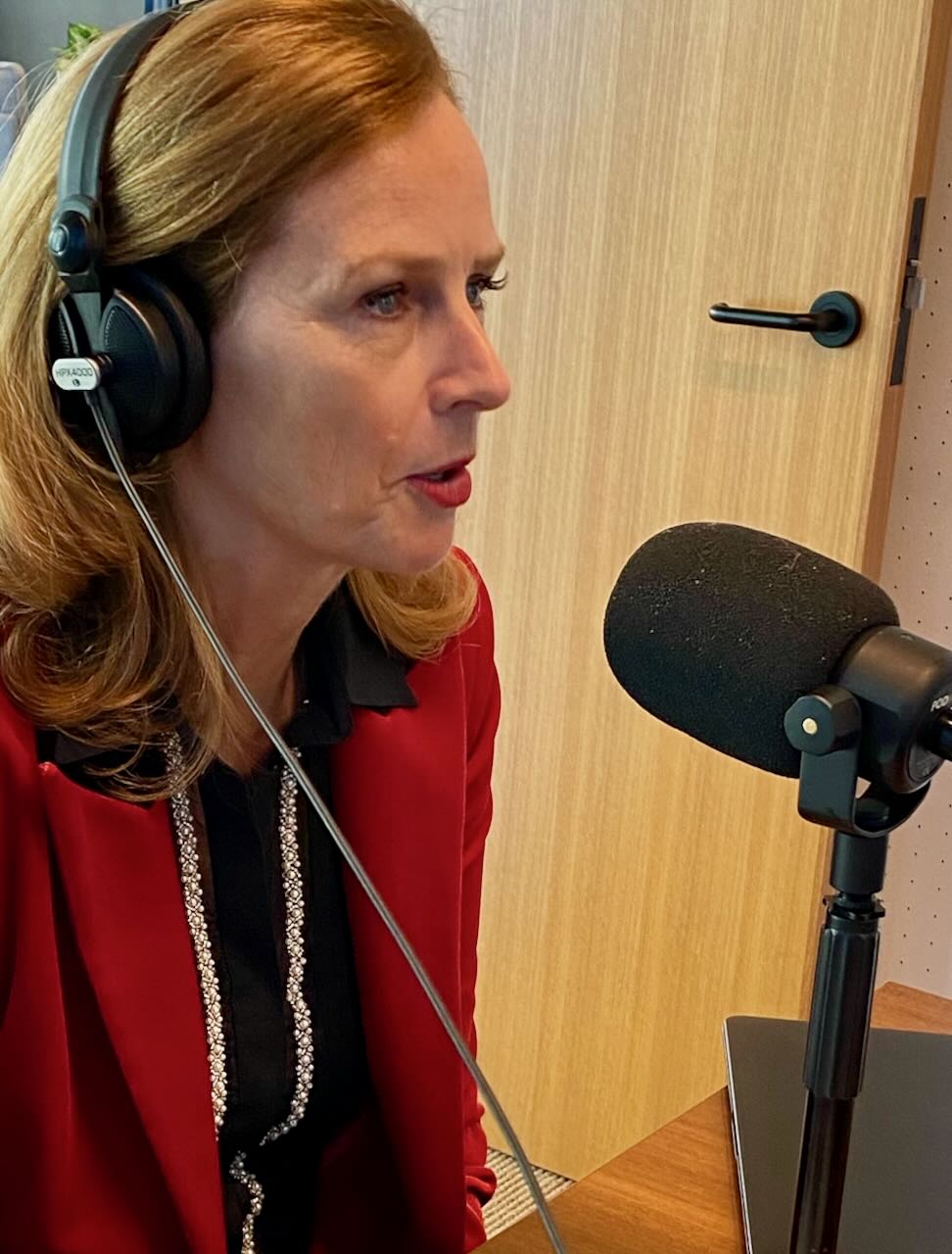Naomi Simson OAM

Together we shift
the way people experience life.














Articles to Inspire Your Journey...
Entrepreneurship
Naomi shares her personal experiences and lessons learned over more than two decades as a business owner.
Leadership
Naomi discusses how effective leadership can drive business success. She focuses on creating a sense of shared purpose, persistence, positivity, and passion.
Marketing
Naomi examines how AI is changing the marketing playbook, from prompt-driven content creation to AI-powered segmentation & customer journey.
Life Lessons
These posts offer readers a holistic view of success and personal growth. Naomi is a big believer in wellbeing, health, fitness, and community.
Wellbeing
She offers practical advice to help individuals and business leaders navigate the complexities of maintaining a balanced and fulfilling life.
Creativity
I’ve painted for decades – developing a distinct painting style. I hear the rhythm as I listen to the earth and water around me – this is reflected in my works


Keynote Topics

It is time to make AI a friend to your business. This is a compelling, personable and entertaining exploration of the profound impact of implementing artificial intelligence in business.

How customers behave has changed. Everything needs to be faster, better & effortless. The critical thing is to understand the job you’re being hired to do.

Growth isn't magic; it's a mindset backed by a system. As a sought-after business growth speaker, I demystify the path from idea to enterprise from real-world stories.

As a leading Australian leadership speaker, this keynote unpacks a practical framework for building a resilient, high-performing team in today's demanding world

This is the ultimate keynote for any audience needing a powerful injection of energy and perspective. As one of Australia's most sought-after inspirational speakers,

This is all from life lessons on building resilience, mastering your mindset, and prioritising your physical and emotional wellbeing.

Business owners ask me the questions and we have a vivid and rich conversation about business success. It can be a long road full of twists and turns. Every other Monday a new episode arrives, and I follow up with a bit extra and resources for more value. Deliberately short sharp and to the point. For people who want to consume 'the one thing' quickly and efficiently.

Food for thought
Frequently Asked Questions about Naomi Simson OAM
Naomi Simson is one of Australia's most prominent and respected business leaders, best known as the founder of the online experience marketplace RedBalloon. She is also the co-founder of the Big Red Group, a celebrated author, a well-known investor ("Shark") from the primetime TV show Shark Tank Australia, and a highly sought-after keynote speaker.
Naomi Simson is known for being a dynamic, authentic, and inspiring keynote speaker who draws on more than two decades of real-world entrepreneurial experience. Her presentations are consistently praised for delivering practical, actionable insights on topics like leadership, customer obsession, building resilience, and fostering an entrepreneurial mindset, all shared through memorable and engaging storytelling.
The Big Red Group (BRG) is the largest experience marketplace in Australia and New Zealand, which Naomi co-founded in 2017. It is the parent company for a portfolio of leading brands, including RedBalloon, Adrenaline, and Experience Oz, and is driven by the powerful purpose of serving an experience every second, somewhere in the world.
Businesses can learn invaluable lessons in resilience, customer-centricity, and the power of a purpose-driven culture. Naomi's journey of starting RedBalloon from her home with a single idea and scaling it into a multi-million dollar enterprise provides a powerful and practical playbook for navigating the challenges of growth, innovation, and leadership in the modern economy.
To book Naomi Simson as a keynote speaker for your conference, corporate event, or workshop, you can make an inquiry directly through the contact forms on her website. It is best to provide as much detail as possible about your event, including the date, audience, and desired themes, to begin the booking process.







